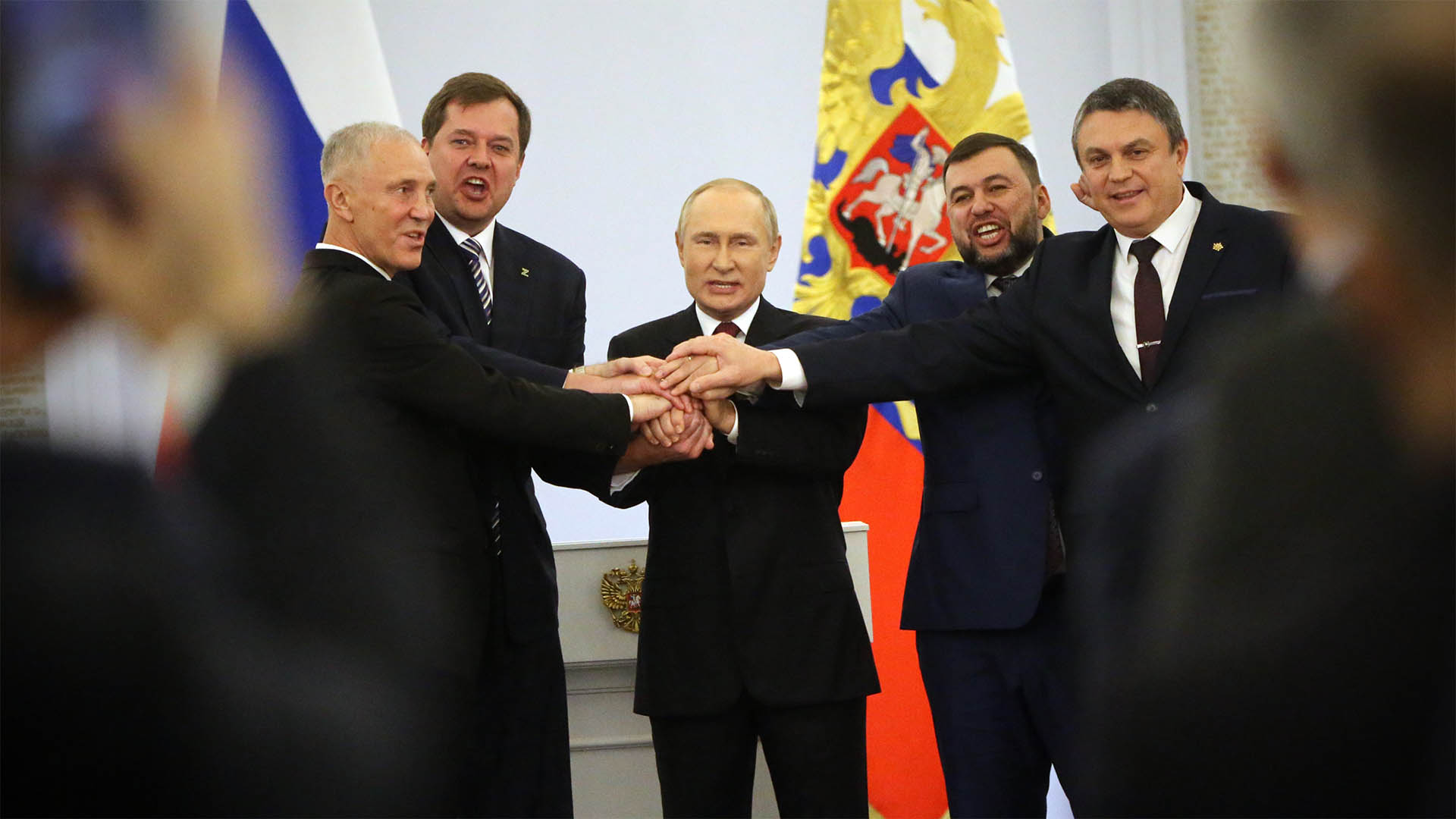Introduction
The term “oligarchy” refers to a political and economic system in which power resides with a small group of wealthy individuals or families. In Russia, the oligarchs have played a significant role in shaping the country’s political landscape and economy, particularly since the collapse of the Soviet Union. This article examines the origins of the Russian oligarchy, its influence on governance and society, and the challenges it faces today.
Historical Context
The rise of the Russian oligarchs can be traced back to the tumultuous period of the 1990s, following the dissolution of the Soviet Union in 1991. The transition from a command economy to a market-oriented system created opportunities for privatization, allowing individuals to acquire state assets at drastically undervalued prices. Many of these individuals, often with ties to the government or the Communist Party, quickly amassed significant wealth and power.
Key events that facilitated the rise of the oligarchs included:
- Privatization Programs: The rapid privatization of state-owned enterprises allowed a select few to gain control over key industries, including oil, gas, and telecommunications.
- Political Turmoil: The chaotic political environment of the 1990s, marked by economic instability and weak governance, enabled oligarchs to consolidate their power.
Characteristics of the Oligarchy
The Russian oligarchy is characterized by several distinct features:
- Wealth Concentration: A small group of individuals controls a significant portion of the nation’s wealth, often through ownership of major corporations and industries.
- Political Influence: Oligarchs exert substantial influence over political decisions and policies. They often maintain close relationships with government officials, leading to a fusion of business and politics.
- Media Control: Many oligarchs own significant media outlets, allowing them to shape public opinion and control narratives that affect their interests.
- Networked Relationships: The oligarchs operate within a network of alliances, often relying on personal relationships to navigate the political landscape.
Influence on Governance and Society
The impact of the oligarchy on Russian governance and society is profound:
- Policy Shaping: Oligarchs have significant sway over economic and political policies, often prioritizing their interests over those of the broader public. This can lead to policies that favor large corporations at the expense of small businesses and consumers.
- Corruption and Patronage: The intertwining of business and politics fosters an environment of corruption and patronage, where public resources are often diverted to benefit the wealthy elite.
- Social Inequality: The concentration of wealth among a small group exacerbates social inequality, leading to disparities in access to resources, education, and healthcare.
- Public Disillusionment: The visible wealth of oligarchs, juxtaposed with the struggles of ordinary citizens, fuels public discontent and disillusionment with the political system.
Contemporary Challenges
In recent years, the dynamics of the Russian oligarchy have evolved, particularly under the leadership of President Vladimir Putin. While many oligarchs initially supported Putin, the relationship has shifted over time:
- Increased State Control: Putin’s administration has sought to reassert state control over key industries, leading to a gradual decline in the autonomy of some oligarchs. This has resulted in a more centralized power structure, with the state asserting dominance over economic and political matters.
- Crackdowns on Disloyalty: Some oligarchs who have opposed or challenged the Kremlin have faced legal repercussions, exile, or imprisonment. This has created an atmosphere of fear and compliance among those who remain.
- Western Sanctions: In response to geopolitical events, including the annexation of Crimea in 2014, many oligarchs have been targeted by international sanctions. These measures have strained their businesses and forced them to reevaluate their positions and alliances.
- Public Relations Challenges: As public discontent grows, oligarchs face pressure to improve their image and contribute to social initiatives. Some have begun to engage in philanthropy, though skepticism remains about their motives.
Conclusion
The Russian oligarchy represents a unique intersection of wealth, power, and politics that has shaped the country’s trajectory since the 1990s. While the oligarchs have been instrumental in Russia’s economic development, their influence poses significant challenges to governance, equity, and social cohesion. As the political landscape continues to evolve, the relationship between the state and oligarchs will play a critical role in determining Russia’s future stability and democratic prospects. Addressing the consequences of oligarchic power remains essential for fostering a more equitable and just society.

Leave a Reply